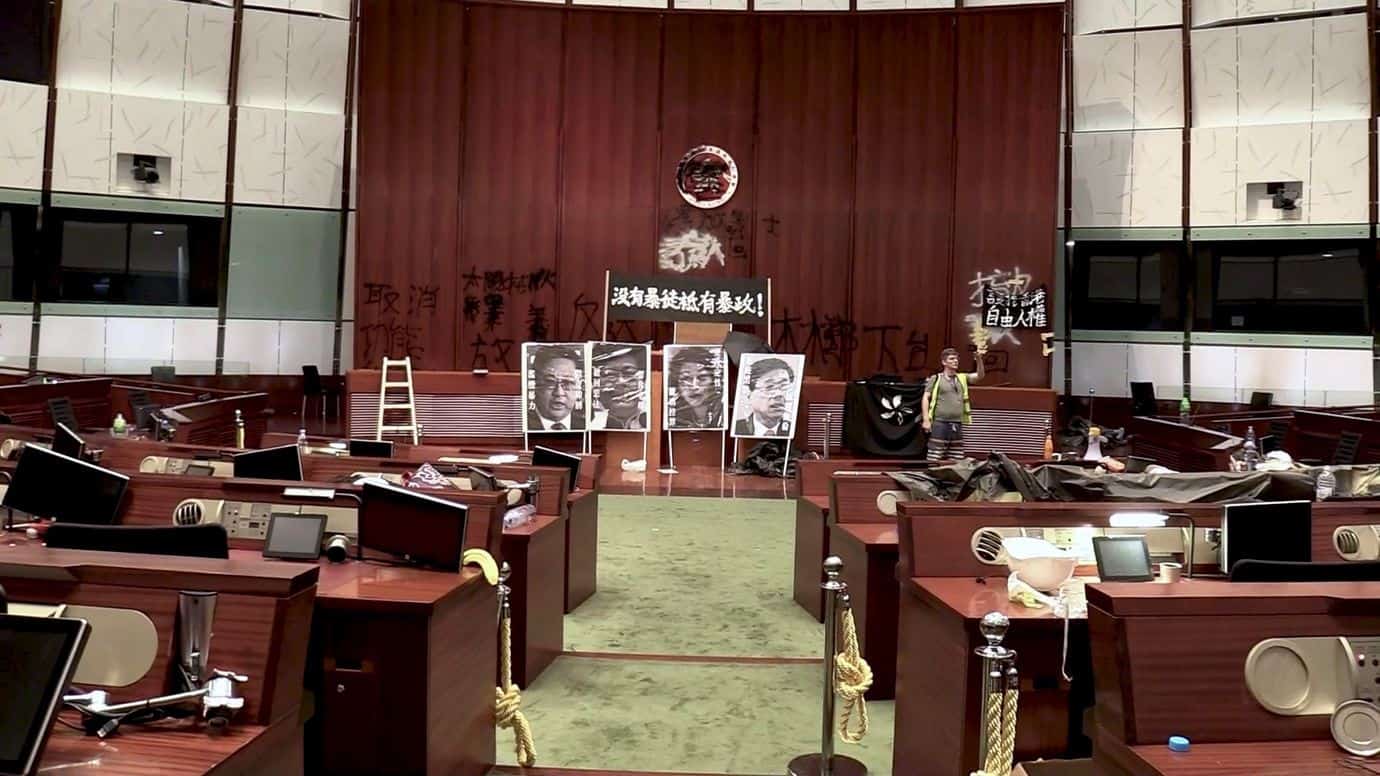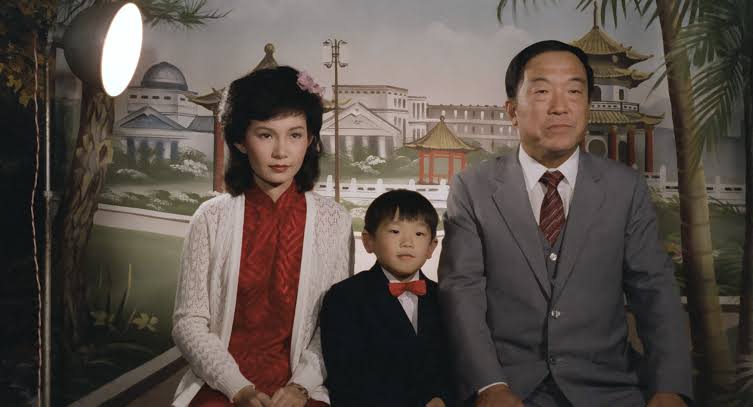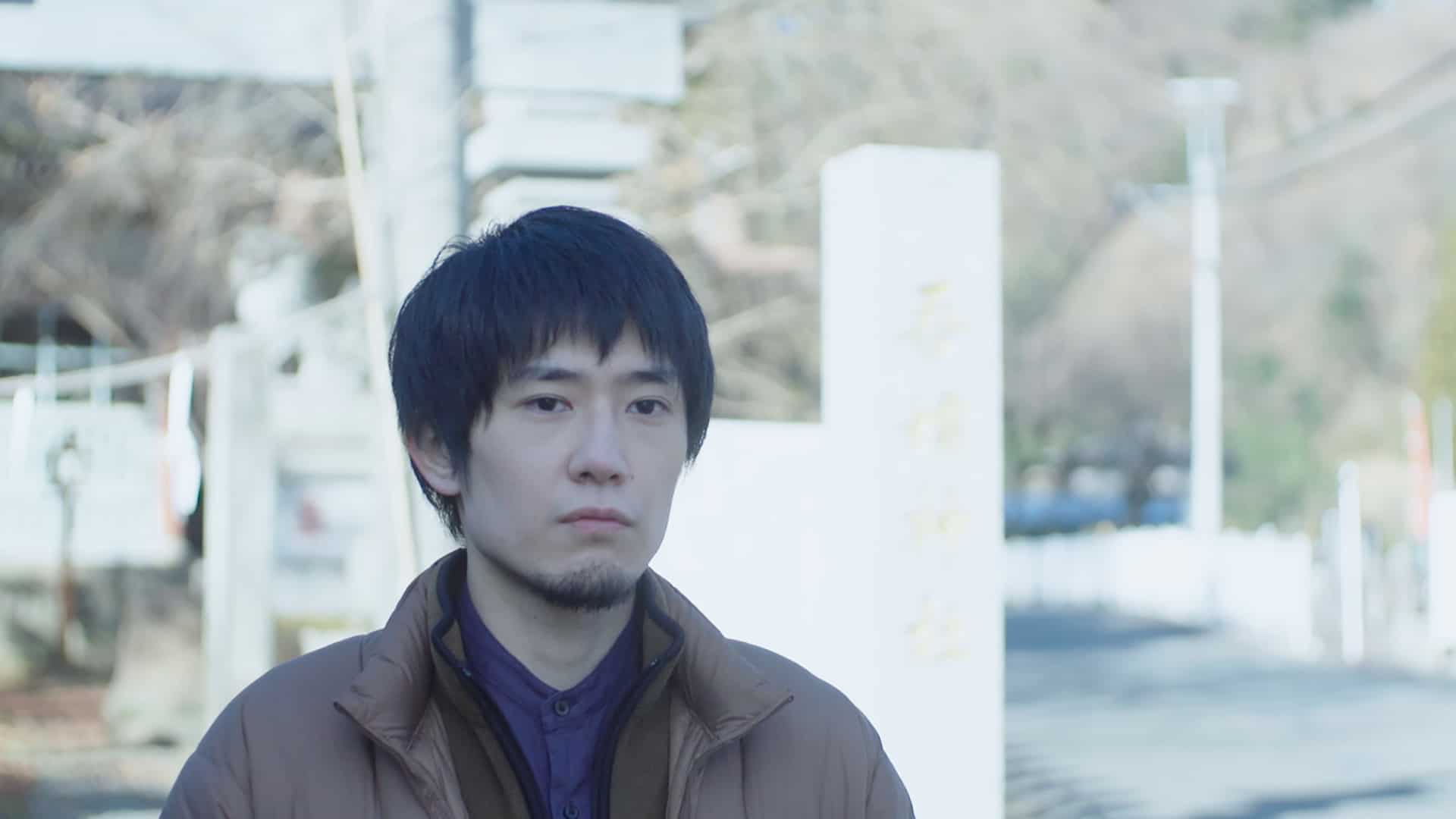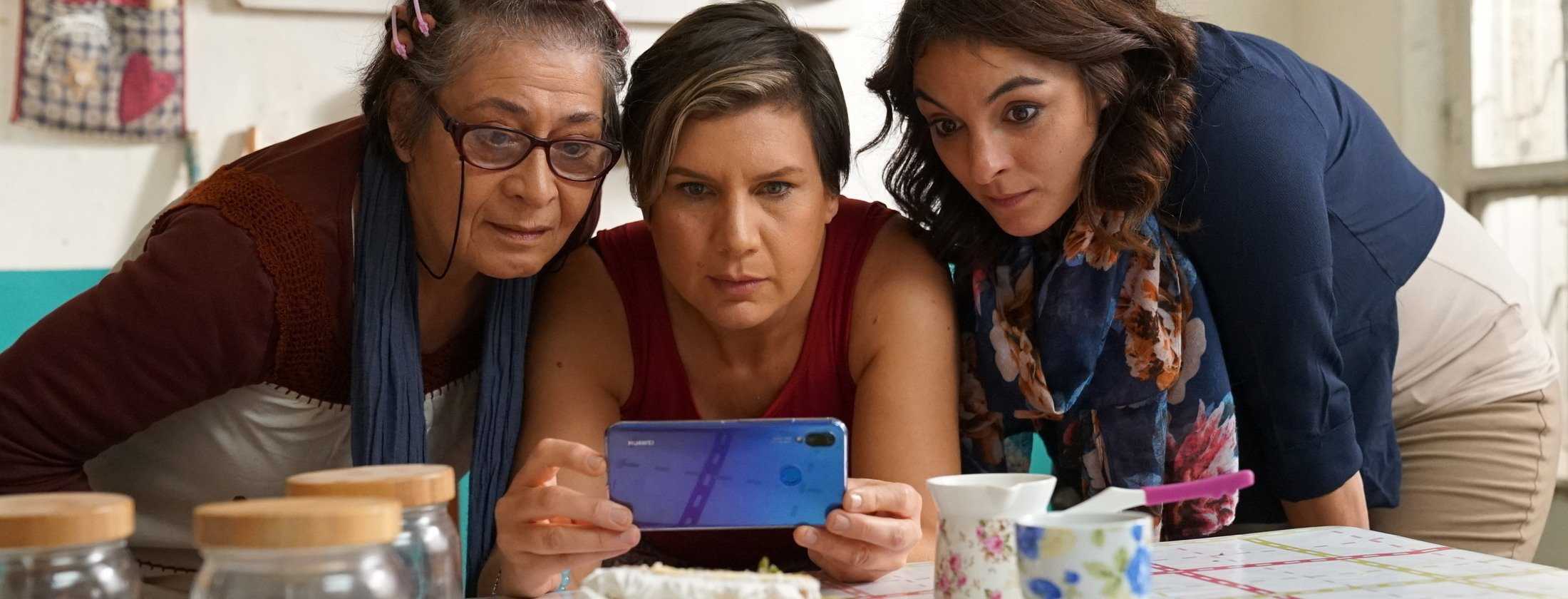The concept of motherhood, and particularly the questions of if all women should be able to be one, and what is the impact of parenthood in the shaping of children, is one that has been presented repeatedly in Japanese cinema, with films like “Sunk Into the Womb” giving some of the darkest answers to these questions. Takahisa Zeze also examines the concept in “Tomorrow's Dinner Table”, in an adaptation of the homonymous novel by Michiko Yazuki.
“Tomorrow's Dinner Table” is screening as part of the Japan Foundation Touring Film Programme

Rumiko is a freelance writer, married to freelance photographer Yutaka. Her blog is quite popular, as her “ramblings” about her constantly fighting children (the older boy seems to be perpetually angry while the youngest cannot stop crying) resonate with a number of mothers, although she also has to face another issue, since her husband does not seem to take any kind of responsibility around the house, including the raising of the children. Kana is a resourceful single mother, who has two jobs trying to raise her only son and pay off her loans, since her husband is nowhere to be found and her brother's appearance essentially creates more problems. Asumi lives a life of seemingly suburban bliss, living in an impressive house, having a son who is a good boy and does well in school, while her husband commutes every day in Tokyo. However, the mentality of his mother, who lives in the house next-door is questionable, while some tension seems to be lurking among the members of the family. The three women do not seem to have anything in common, apart from the fact that all have 10-year-old boys whose name is Yu Ishibashi.
As the stories unfold and intermingle excellently under the direction of Takahisa Zeze and the accomplished editing, the accusations presented become quite eloquent. The previous generation, as in grandparents, are nowhere to be found, with the exception of Asumi's mother-in-law, whose presence however, just causes perplexion instead of anything else. The husbands are even more absent, either literally, in Kana's case, or essentially, as in the other two cases where their jobs and/or overall mentality has deemed them almost completely useless. In that fashion, the movie shows that the three female protagonists raise their children on their own, barely managing to have any kind of social life, or a moment of calmness for that matter. The fact that their occupations vary does not seem to affect this outcome, while the way intense issues eventually take place with all the three Yus, in the most shocking fashion, aims at showing that the issues mothers face nowadays are actually the same, despite any kind of background of life conditions.
At the same time, the narrative states that the lack of real communication, which essentially demands treating and talking to children as if they were adults, and trying to explain things that they do not understand, which occasionally leads to intense misconceptions on the kids' part, is the only solution. However, this approach is not easy at all, and demands time and patience, which, as shown here, not all parents have, particularly when one of the two is not dealing as much as they should with their children.
The way the stories unfold, also due to the intro scene that shows violence towards a child in a blurred sequence, retains a sense of angst and tension for the majority of the movie, since the sense that something will go terribly wrong is palpable. This aspect adds much to the entertainment the movie offers, although once more in a Japanese production, it overextends its welcome a bit at 124 minutes, particularly because some peripheral stories (the prostitute for example) could have been briefer or completely omitted. This, however, is a small issue actually, along with the somewhat melodramatic final sequences, neither of which, though, harm the overall great sense the movie gives.
The acting is one of the major reasons for this quality, with the three women, Miho Kanno as Rumiko, Machiko Ono as Asumi and Mitsuki Takahata as Kana giving all great performances, filled with nuance and a sense of measure that works exceptionally well. Fuga Shibazaki as Asumi's son, gives the most memorable performance among the boys.
asushi Hanamura's cinematography captures the three parallel stories in a style that is a bit too polished and bright on occasion, but in general, quite realistic, while the many shocking moments in the movie are quite well shot and framed.
“Tomorrow's Dinner Table” goes a bit too far on occasion, but the comments and the three stories are quite interesting, shocking and brutally realistic, in an overall great spectacle.
















